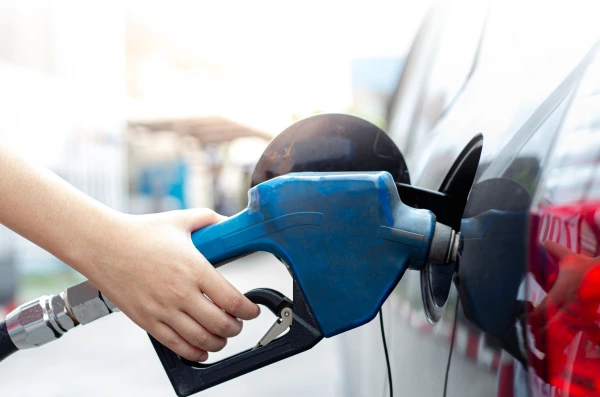Introduction
Recently, the government of India rolled out E20 Petrol policy as a part of India’s Ethanol Blended Petrol Program.

The government of India introduced this to reduce oil imports, support farmers and cut pollution. But this has sparked a debate over the concerns arising out of the implementation of this program.
What is Ethanol?
Ethanol is a biofuel or alcohol usually extracted and made from crops such as sugarcane or maize. Ethanol is often considered one of the best, efficient and environment-friendly sustainable fuels.
E20 petrol is a type of petrol that contains 20% ethanol and 80% petrol.
India’s Ethanol Blending Policy
India had introduced an Ethanol blended Petrol Program in 2003 to cut crude oil imports, support farmers and lower emissions. And India began with 5% ethanol blending in petrol.
The National Policy on Biofuel was introduced in 2018. It was amended and revised the target of 10% in 2022. Later, India’s achievement and adoption in ethanol blending encouraged it to set a vision of 20% by 2030.
But India showed astonishing progress and achieved the 20% ethanol blending target five years ahead in 2024-25.
India’s Ethanol Blending has increased from 1.5% in 2014 to 20% by 2025.
Government’s Argument in Favour of Ethanol Blending
Better Acceleration and Ride Quality : It has a higher octane number than petrol and higher octane means the fuel can handle more engine compression without causing engine noise or vibration. This can make engines run more smoothly, especially in cars designed for E20.
Small Drop in Fuel Efficiency : Ethanol has less energy per litre than the petrol, therefore it is less efficient compared to petrol. The government says the performance drop is just 1-2% in vehicles adjusted for E20 and 3-6% in other vehicles.
Safe for Engines : The government says the tests by Indian Oil, ARAI and other labs found no major damage to engines or parts when using E20. The modern vehicles that have been produced since April 2023 are mostly E20 ready.
The Response from the People
- Many car owners are not satisfied with this decision of the government as they are complaining that their car’s performance is getting worse. Moreover it has also increased the fear of damages to parts of the cars.
- Numerous people are saying that the government has forcefully implemented the decision and left no choice for them. For instance: After the roll out of E20, other options of fuel such as E10 are not available on the petrol pumps.
- People are not getting the benefits of cost reduction even after a blend of 20% ethanol in petrol. And these petrol selling companies are making profits out of that. Meaning the benefits of the government’s decision are not reaching the ground.
- The government’s decision has been challenged in the Supreme Court arguing that the E20 petrol impacts vehicles severely. It damages parts of the vehicles, reduces car mileage and increases the burden of maintenance cost.
- Many insurance companies are denying the insurance claims for the issues and damages arising out of E20.
- Many cars that were produced before April 2023 and some BS6 cars are not compatible with the E20. People are forced to buy E20 which may not be compatible with their vehicles or damage the vehicle.
- It has also raised the concern of uncertainty of fuel type which violates the Consumer Protection Act,2019. For instance, People don’t get the information on the petrol pumps which type of petrol being provided.
India’s Biofuel Drive is one of the significant progressive steps towards sustainable growth. But there is a need to find a comprehensive effective solution to build a win-win situation for people, companies and the environment.
